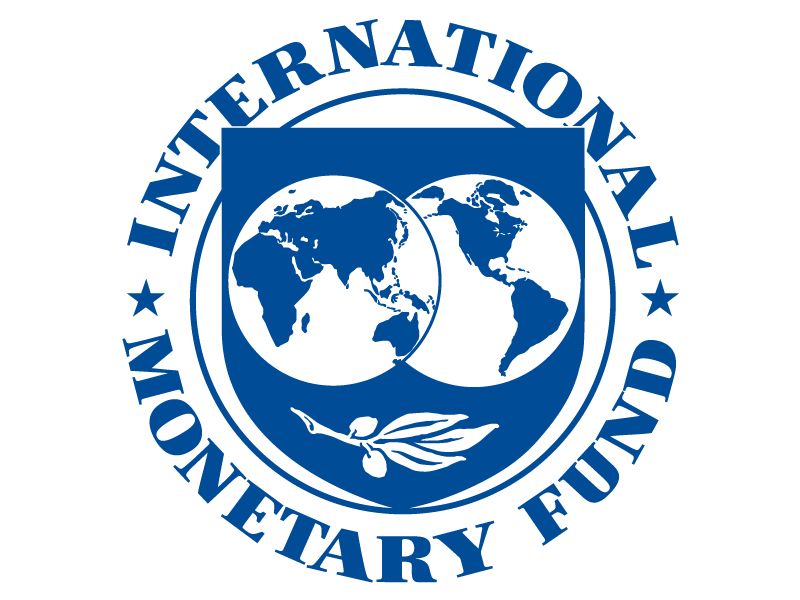Stretched asset valuations and pressures in core sovereign bond markets are keeping financial stability risks elevated amid heightened economic uncertainty. These vulnerabilities could be amplified by the growth of nonbank financial institutions — through their growing importance as market makers, liquidity providers and intermediaries in private credit, real estate, and crypto markets.
As the IMF details in the new Global Financial Stability Report, stress testing shows that the vulnerabilities of these nonbank intermediaries can quickly transmit to the core banking.
“In recent months, global markets have appeared calm despite ongoing uncertainties ranging from trade tensions to fiscal concerns. Yet underneath the surface, we are observing subtle shifts and if these shifts are not carefully managed, it could undermine the resilience of the financial system.” Said Tobias Adrian, Director of the Monetary and Capital Markets Department at the IMF.
This shift in financial intermediation calls for a more comprehensive, forward-looking approach to risk assessment. Unlike banks, nonbanks, for the most part, operate under lighter prudential regulation. In addition, many provide limited disclosure of their assets, leverage, and liquidity—making vulnerabilities and interconnections harder to detect.
“Looking ahead, I see three vulnerabilities. First, asset prices are stretched and could fall sharply. For example, changing investor expectations about AI and its impact on the economy could trigger asset valuations to reprice. Currently, investors see AI as a driver of profit margins, but that could shift at some point. Second, government debt is growing. This is putting pressure on bond markets. Third, banks and non-banks are increasingly interconnected, which could spread stress. These vulnerabilities may not act in isolation. They could compound one another, amplifying risks,” added Adrian.
Financial stability ultimately depends on sound policies and resilient institutions.
“Stay vigilant. Take timely steps to reduce risk. This means keeping inflation under control, maintaining central bank independence. Governments should cut deficits to ease pressures on bond markets, ensure debt sustainability, and create buffers. Appropriate supervision and regulation of the financial system is also key. It is paramount to make sure regulations keep up with the growing role of non-bank and digital assets especially as new risks emerge in areas like stablecoins and foreign exchange markets,” explained Adrian.
To read the full report, click here.

